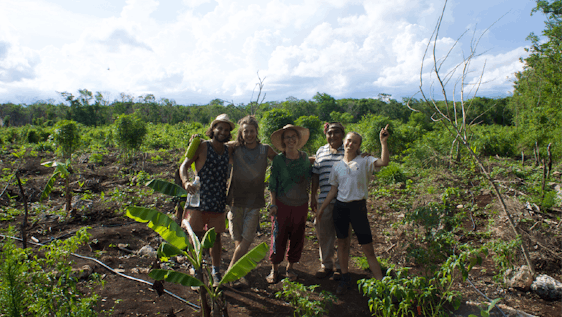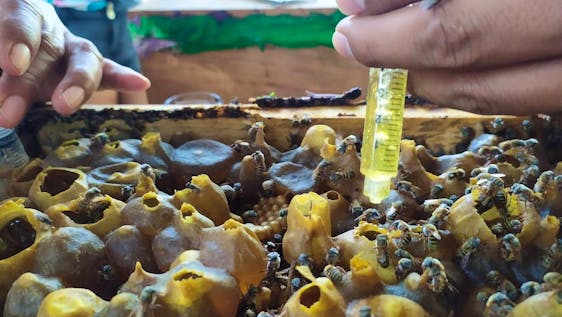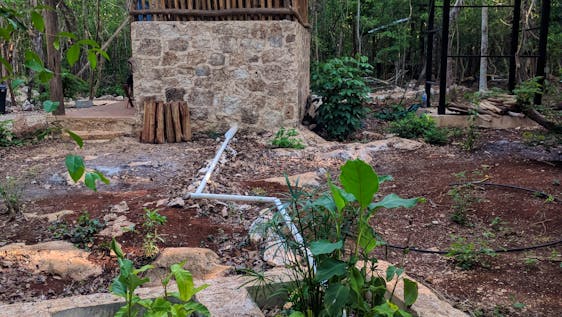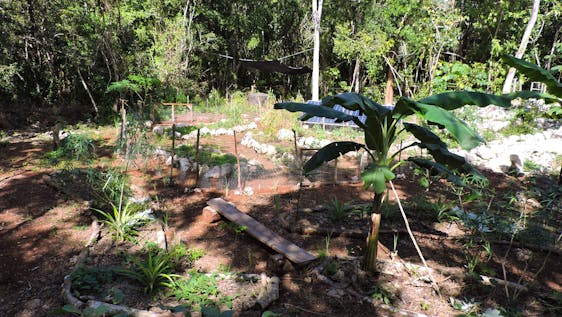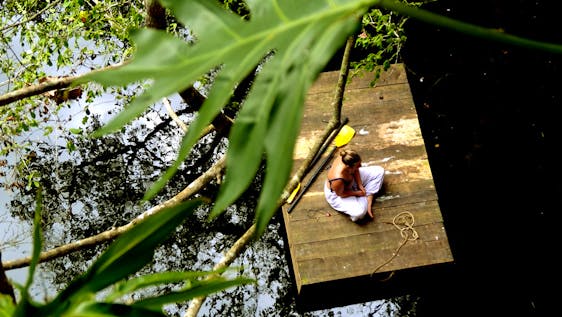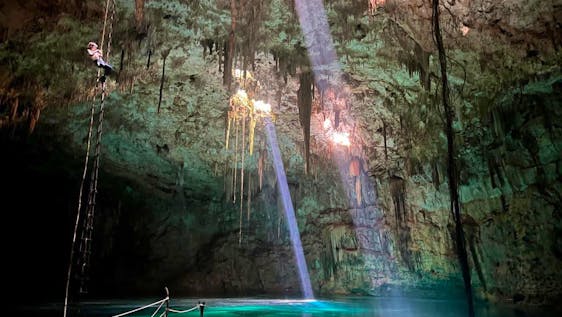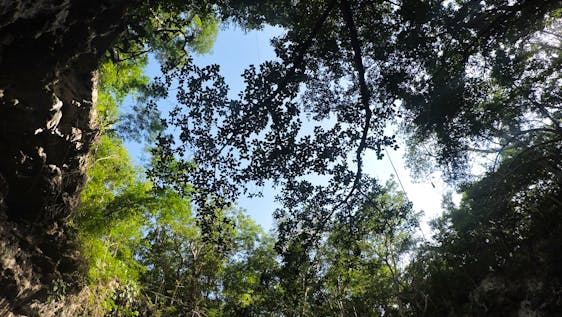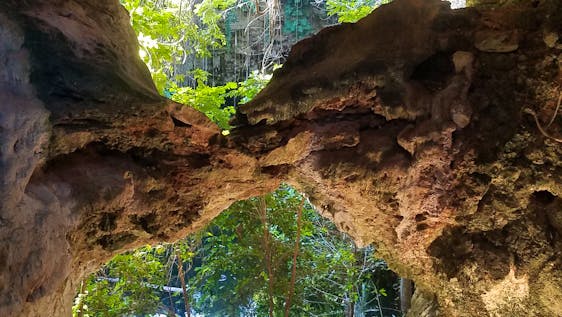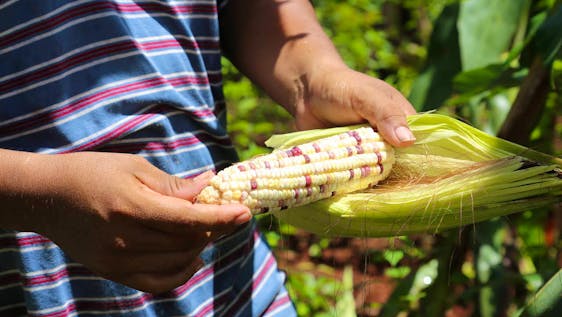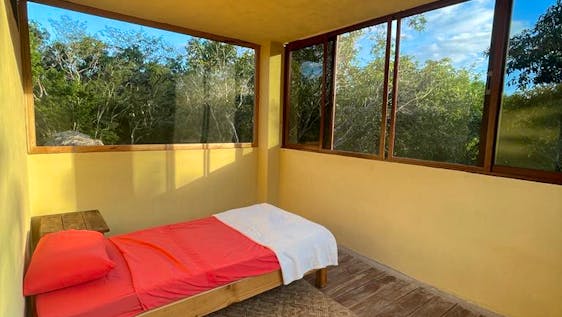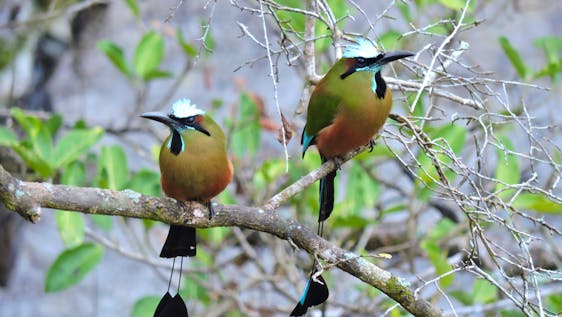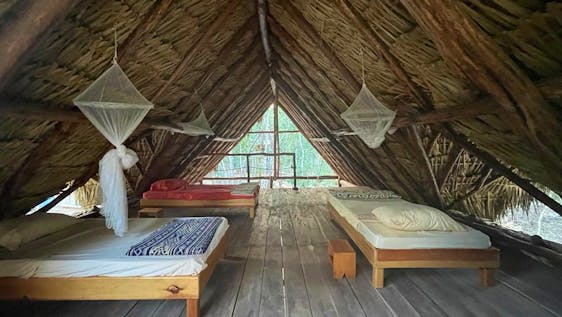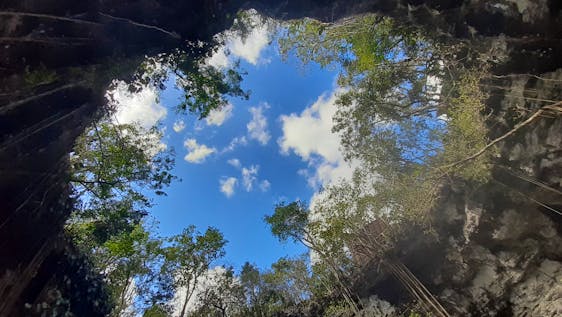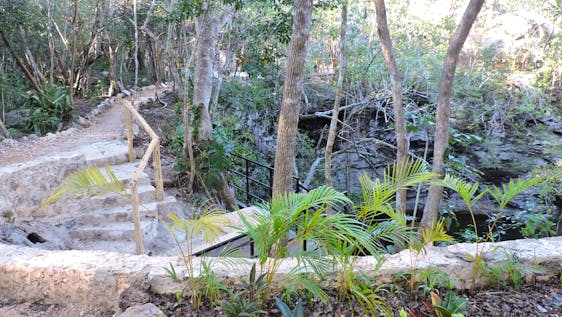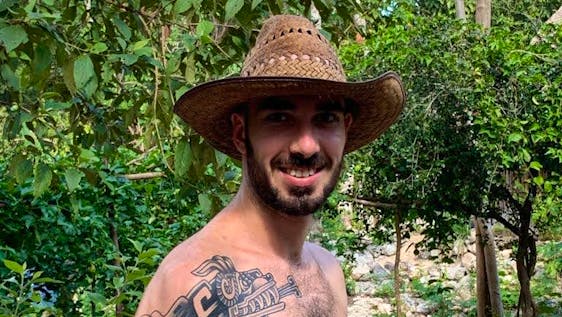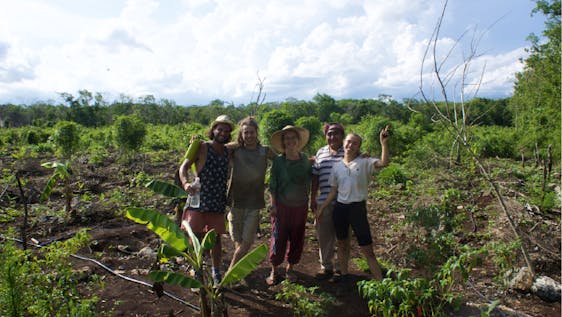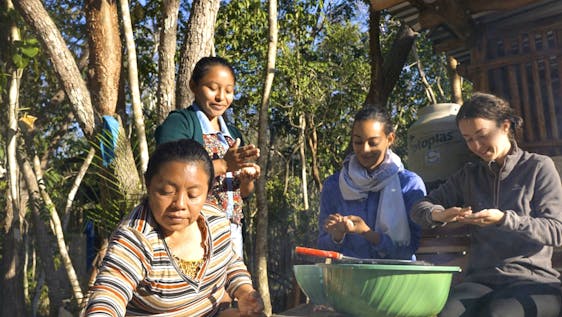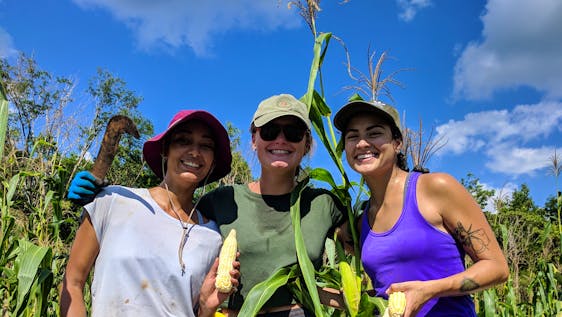Ta Náayta “What you dreamed of” in Yucatec Maya is a 3 years old dynamic Mexican NGO located in Yalcoba, 30 minutes away from Valladolid, in the Yucatan Peninsula.
Our vision : Be inspired by the Mayan philosophy to develop resilient and sustainable ways of life in close relationship with their environment.
For the past 2 years, we have implemented several development projects in Yalcobá to support the creation of local economic opportunities, the enhancement of the social and community network, the adaptation and mitigation of the effects of climate change, and the empowerment of women.
Our projects focus on 3 areas:
- The strengthening of the traditional peasant fabric through agro-ecological practices and solar irrigation systems for traditional farmers in Yalcobá. It aims to improve the food security and income generation of Mayan farming families by enhancing traditional ecological knowledge.
Climate change has significantly weakened the traditional Mayan agricultural model, an important source of community resilience. Local economic opportunities are fewer and force men and young boys to take precarious jobs in the tourist areas of the peninsula and thus destabilizes the family, peasant and community social fabric.
- The rehabilitation of traditional Mayan knowledge focused on meliponiculture that participates in the empowerment of the Mayan women of Yalcobá.
The Melipona Beecheii is a native bee from Central America which is in danger of extinction. Rescuing them and the knowledge that comes with them enables the protection and reproduction of the species, as well as their participation in the pollination and reproduction of flowering plant species.
- The establishment of a community-based tourism project that highlights the natural and cultural Mayan heritage and ensures the creation of jobs in the medium and long term.
The association also has its own plot within the community lands of Yalcobá.
- The idea is to create a multifunctional eco-place, integrated to the indigenous territory, and serving as an experimental base in agroecology, agroforestry and autonomy process (energetic and food) as well as a place of eco and agritouristic reception.
You have the possibility to join us and help the community while learning from them or help us to develop our eco-place.


